Recovery Post Exercise
Whether you’re a professional athlete or just enjoy staying fit, recovery is an important part of your exercise regime.
A good recovery routine can help maximise the benefits from training/exercising as well as giving your body tissues (muscles, tendons, bone) a chance to heal ahead of your next workout and maximise your performance.
There are a lot of techniques and advice when it comes to post-exercise recovery. So we’ve worked with Welsh Athletics in developing the below recovery tips to help give you some ideas for your own recovery routine.
It’s worth remembering these tips are for guidance. Listen to your body and if you feel like you’re not recovering as you should post workout, or just don’t feel right after exercise, seek professional advice.

1. Loosen Up
Whatever sport or activity you enjoy, tight muscles are common and sometimes painful side-effects of exercise.
A good massage is great for loosening up muscles whilst also promoting muscle recovery.
If you want to have a go at home, self-massage can aid in improving circulation, reducing muscle tension, improving joint ranges of motion and helping you to relax, and there are many tools to assist with this.
Foam rollers for example are a great alternative to standard, static stretching and an excellent way to help loosen up muscles and alleviate DOMS (Delayed Onset Muscle Soreness).
For tips on foam roller exercises, check out these foam roller videos from Welsh Athletics as well as our own foam roller video guides.

2. Ease The Tension
If you’ve developed sore spots or ‘knots’ in your muscles post workout, then pinpointing these areas post workout can help ease the tension and any discomfort you feel.
By targeting specific areas of muscle stiffness, you could reduce pain, improve your range of motion and ease the tension of your aching muscles through Myofascial Release (soft tissue therapy).
It’s worth noting this relates to muscle stiffness, not injured tissue, and you should seek advice from a professional if in doubt.
Trigger Point Balls are a great accompaniment to foam rollers for targeting areas of muscle soreness. Just start where it hurts using the trigger balls to massage the area. Remember it’s best to start off with gentle pressure and increase if needed.
For beginners tips on using trigger point balls, take a look at this basic introduction to trigger point release video from Welsh Athletics.

3. Compression
Research suggests that compression gear or garments can aid in post exercise recovery by improving blood flow and circulation to help relieve and revive muscles and even reduce muscle fatigue.
Compression gear is used by many top athletes to help them recover post training or competing, and aid in their performance by assisting in muscle recovery.
Whatever area you are looking to treat, the developments in compression therapy now feature customised garments that are designed to specifically fit the required body part.
The Normatec 3 Leg Recovery System uses patented precision pulse technology that helps to increase circulation, revive muscles and reduce swelling. This has obvious benefits for athletics, but could also be beneficial to other sports that include persistent running or jumping.
We carry an extensive range of compression garments from compression socks and ice wraps to cryotherapy cuffs and dynamic air compression garments, this form of recovery is simple to use and extremely effective.

4. Hot and Cold Therapy
Used for centuries, hot and cold therapies are a natural method of treating or helping to heal sore muscles.
While cold therapy provides benefits like reducing inflammation and muscle damage to hasten recovery, heat therapy helps to ease tight/stiff muscles and improve circulation and blood flow.
Both methods have their benefits and can be used on their own to treat ailments, alternating between the two or in conjunction to achieve the desired results.
The Physique Hot and Cold Packs are reusable and filled with a gel that can either be heated or frozen as desired to apply the heat or ice cold therapy you need when treating sore or tired muscles.
Recovery Tips Video
If you prefer watching a video to reading, here are some examples of Recovery exercises from Welsh Athletics, for more videos like this, take a look at our Video Guides page.
Welsh Athletics mid-distance elite athlete, Piers Copeland shared his favourite recovery techniques:
“Being an elite athlete, recovery is a really important part of my programme. I like to use the Normatec to help me recover from a hard session and the trigger point balls to help me release any knots.”
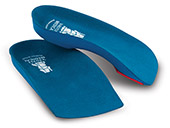
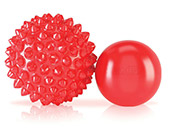
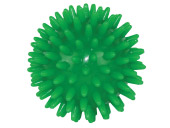

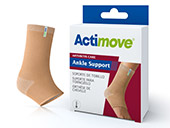
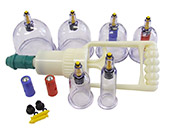

Did you find this article useful?
Why not share this with a colleague, patient or friend?